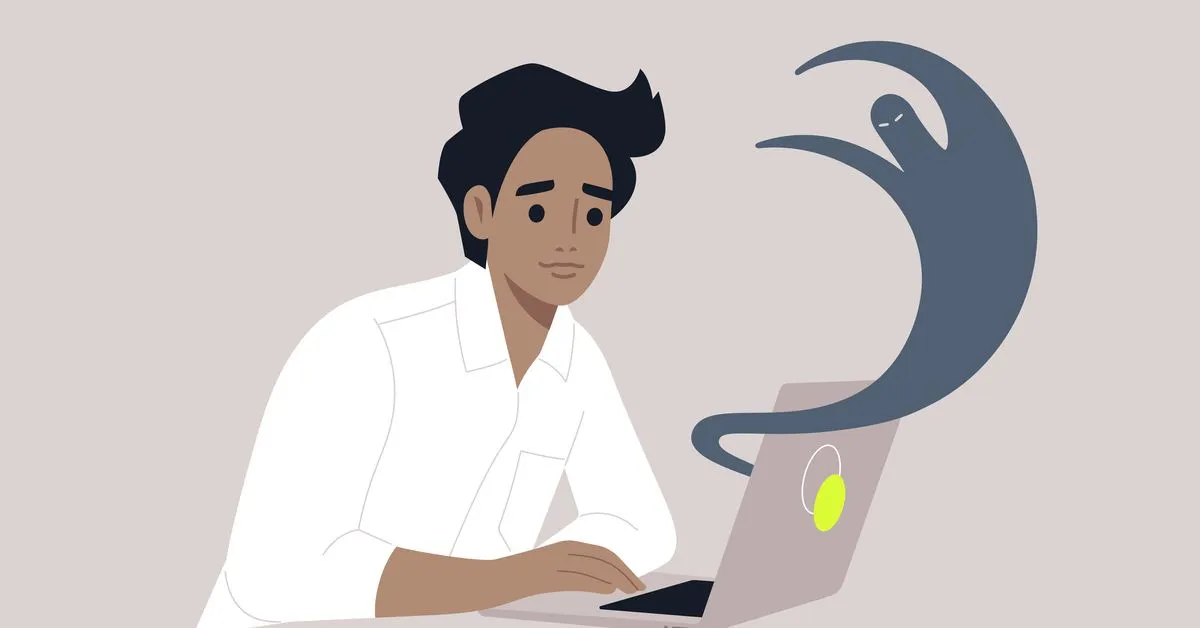Gen Z falls for online scams more than their boomer grandparents do
Gen Z falls for online scams more than their boomer grandparents do

www.vox.com
Gen Z falls for online scams more than their boomer grandparents do

Gen Z falls for online scams more than their boomer grandparents do

Gen Z falls for online scams more than their boomer grandparents do
